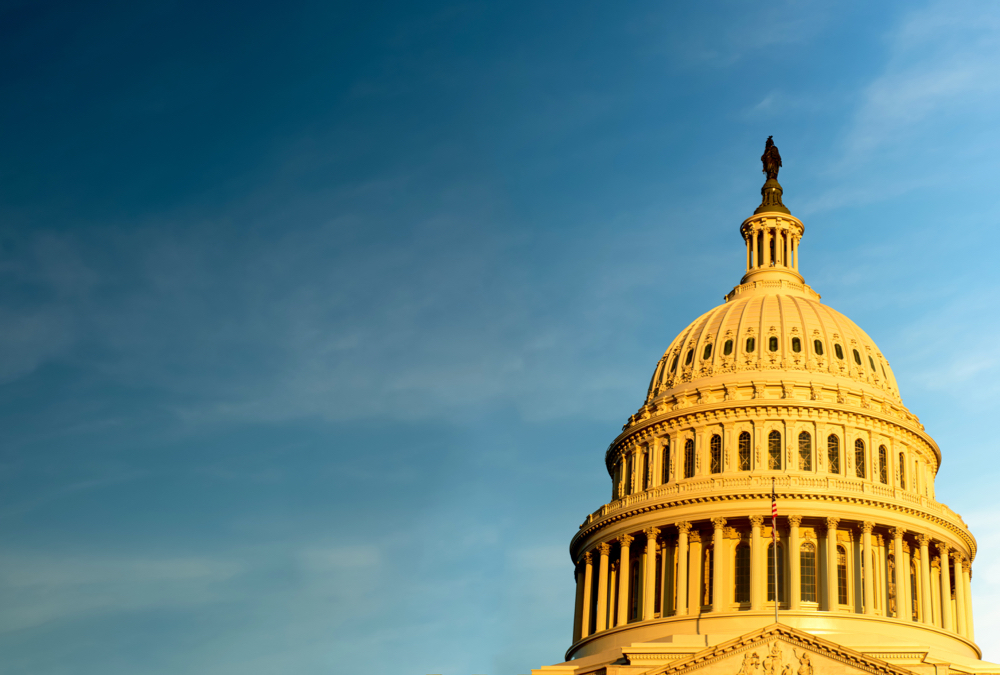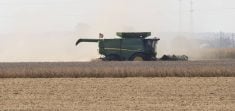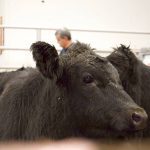President-elect Joe Biden is not expected to drastically change American trade policy, but his approach to other nations, particularly China, will likely differ.
“The spirit of American trade policy is actually quite consistent between the Democrats and the Republicans,” said Canola Council of Canada’s Brian Innes. “That spirit is being aggressive with the world to get terms that help America.”
That can mean being protectionist in the traditional sense, but it can also mean being very aggressive to more open trade benefiting the United States.
Read Also

Canada’s import ban on Avix bird control system ruffles feathers
Canadian producers’ access to Bird Control Group’s Avix laser system remains blocked despite efficacy studies and certifications, as avian flu deaths rise.
Biden can be expected to do the same, but how he does it will be markedly different.
Canadian Agri-Food Trade Alliance (CAFTA) Dan Darling pointed to the Obama administration, like Trump, being “very U.S. minded” and predicts Biden’s administration will be similar.
“Any trade deals that happened, they always made sure that the U.S. came out on top,” he said. “I’m not 100 per cent sure how much easier it’s going to be to deal with president-elect Biden.”
Darling expects Biden will be more amicable to deal with than Trump.
“There’s not going to be a lot of knee-jerk reactions to things from the U.S. government the way that there has been,” he said. “Things will be a little bit more stable in their negotiations.”
The evolution of the China-U.S. relationship under Biden could have huge impacts on Canadian producers.
“In the Trump administration, it has very much been an America strong and America alone approach,” Innes said. “That has sideswiped Canada in many ways; canola is just one.”
He points out that Democratic presidents traditionally work with other countries to get a better trading relationship with China, and suggests Biden is expected to do the same.
“Where I see potential opportunity is to have an approach that doesn’t have the U.S. go at it alone with China, in a way that sideswipes Canada, but rather have an approach where countries that face similar challenges with China co-operate to get better outcomes for all,” he said.
Darling is expecting a softer approach to China from Biden.
“Instead of trying to match might with might or stubbornness with stubbornness, he will probably try and find another route, similar to the way Canada has approached it,” he said.
Biden isn’t expected to prioritize trade upon taking office in January, but already Darling is interested in seeing if the United States enters into the Comprehensive and Progressive Agreement for Trans-Pacific Partnership (CPTPP).
Four days after taking office in 2017, Trump pulled the United States out of Trans-Pacific Partnership (TPP) talks, then negotiated bilateral deals with Japan – the biggest fish amongst the TPP nations – and South Korea in an effort to gain more favourable terms.
Trump failed to negotiate trade deals with many of the other countries in on the 11-country trade bloc.
“The only reason the Trump administration got out of (CPTPP) was because he thought he could make better bilateral deals than that one, and he found out real fast he couldn’t,” said Darling. “There’s a lot of countries that would welcome Biden (into CPTPP) with open arms.”
There is also strong speculation Biden will re-engage with the World Trade Organization (WTO) and stabilize international trade.
“It’s a little early because we haven’t had those conversations, but I’m hopeful,” said Darling.
Innes says the agri-food industry has been a success throughout North America in recent years.
“Agri-food trade as it is now – open in North America – is helpful for America, in the world, and putting America First,” he said, adding Canadian agriculture benefits when there is open trade.
“It’s important for us in the agri-food sector, and for farmers to continue to talk about how open trade between us is good for both of us,” he said. “We’ve seen when we don’t talk about how trade is good. It can quickly be elevated, and the results can be very political.”


















